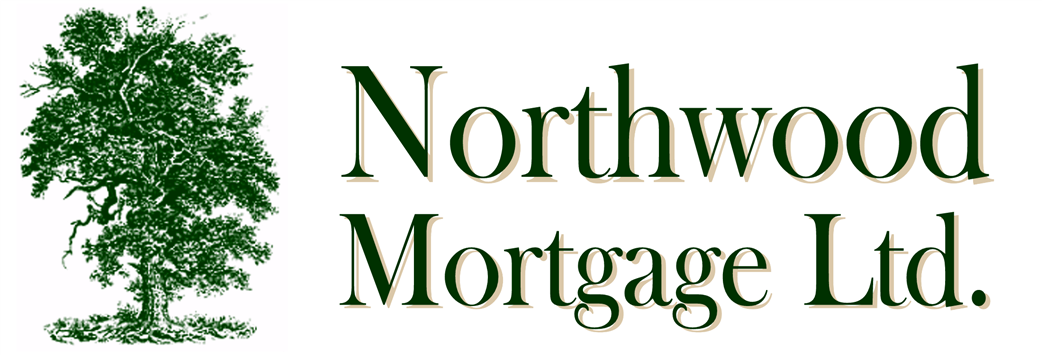Numéro de permis de l'agent
M14001073
Numéro de permis de courtage
10349

Jason Kay
Broker
Office:
Téléphone:
Courriel:
Adresse:
7676 Woodbine Ave Suite 300, Toronto, Ontario, L3R2N2




























